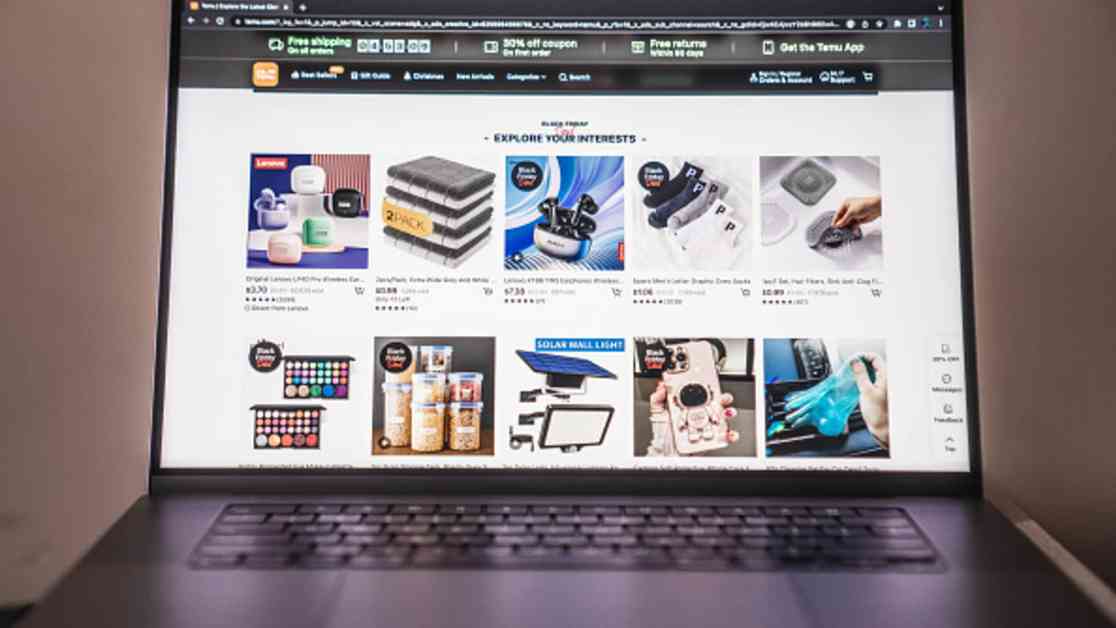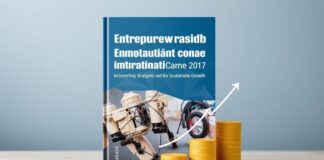Two U.S. Consumer Product Safety Commission members are calling for an investigation into the safety practices of global online shopping platforms Temu and Shein, specifically regarding the alleged sale of unsafe baby and toddler products. In a letter addressed to the agency, CPSC Commissioners Peter Feldman and Douglas Dziak raised concerns about the risks posed by certain items being sold on these e-commerce platforms and urged the need for a thorough examination of their safety and compliance controls.
The commissioners highlighted the importance of scrutinizing Temu and Shein’s relationships with third-party sellers and consumers, as well as any representations they make when products are imported into the United States. They emphasized the need to understand the focus of these platforms on low-value direct-to-consumer shipments and the enforcement challenges that arise when companies with minimal or no presence in the U.S. distribute consumer products through their websites.
Last month, reports surfaced indicating that Temu was offering padded crib bumpers, which are banned in the U.S. due to suffocation hazards, while Shein was selling children’s hoodies with drawstrings that have been flagged as a safety risk by regulators. In response to these allegations, a Shein spokesperson reassured the public that customer safety is a top priority for the company. Shein has committed to investing millions of dollars to enhance its compliance programs, including partnering with testing agencies to improve its product safety practices.
Similarly, a representative from Temu stated that the platform requires all sellers to comply with laws and regulations, including those related to product safety. The spokesperson emphasized that Temu’s interests align with those of the CPSC in ensuring consumer protection and product safety, and that the company is prepared to fully cooperate with any investigation initiated by the agency.
Temu and Shein have gained immense popularity in the U.S. by offering consumers affordable goods sourced from China, ranging from inexpensive shoes to budget-friendly smartwatches. Shein, which entered the U.S. market in 2017, has ramped up its expansion efforts through aggressive online marketing campaigns on platforms like Google and Facebook. The company is currently valued at an impressive $66 billion.
On the other hand, Temu, owned by PDD Holdings, made its debut in the U.S. in 2022 and quickly captured attention with its multi-billion-dollar marketing campaigns, including the widely broadcasted “Shop Like a Billionaire” TV spot that aired during the Super Bowl. The rapid rise of Temu has prompted major e-commerce players like Amazon to explore launching competing discount storefronts to keep up with the changing landscape of online retail.
Both Shein and Temu leverage their relationships with small manufacturers and suppliers in China to ship products directly to consumers in the U.S. One key factor driving their growth is the de minimis exemption, a trade loophole that allows packages valued at under $800 to enter the U.S. duty-free. This exemption has facilitated the influx of goods from China and contributed to the expansion of these e-commerce platforms in the American market.
Amidst the growing concerns surrounding the safety of products sold on platforms like Temu and Shein, CPSC officials have requested additional funding to hire staff members dedicated to monitoring emerging e-commerce platforms and ensuring compliance with safety regulations. Lawmakers have also taken an interest in investigating these platforms, with a congressional commission releasing a report last April outlining various issues related to Shein, Temu, and other Chinese “fast fashion” platforms.
The report raised concerns about product safety hazards, potential connections to forced labor practices, and exploitation of trade loopholes by these platforms. The findings underscore the need for increased oversight and regulation to protect consumers from unsafe products and ensure fair trade practices within the e-commerce industry.
As the debate over the safety of baby and toddler products sold on platforms like Temu and Shein continues to escalate, it is imperative for regulatory agencies, lawmakers, and industry stakeholders to collaborate in safeguarding the well-being of consumers and upholding standards of product safety and compliance. The outcome of the CPSC’s investigation into these e-commerce platforms will be closely watched to determine the necessary steps to address any potential risks posed by the sale of unsafe products.






















